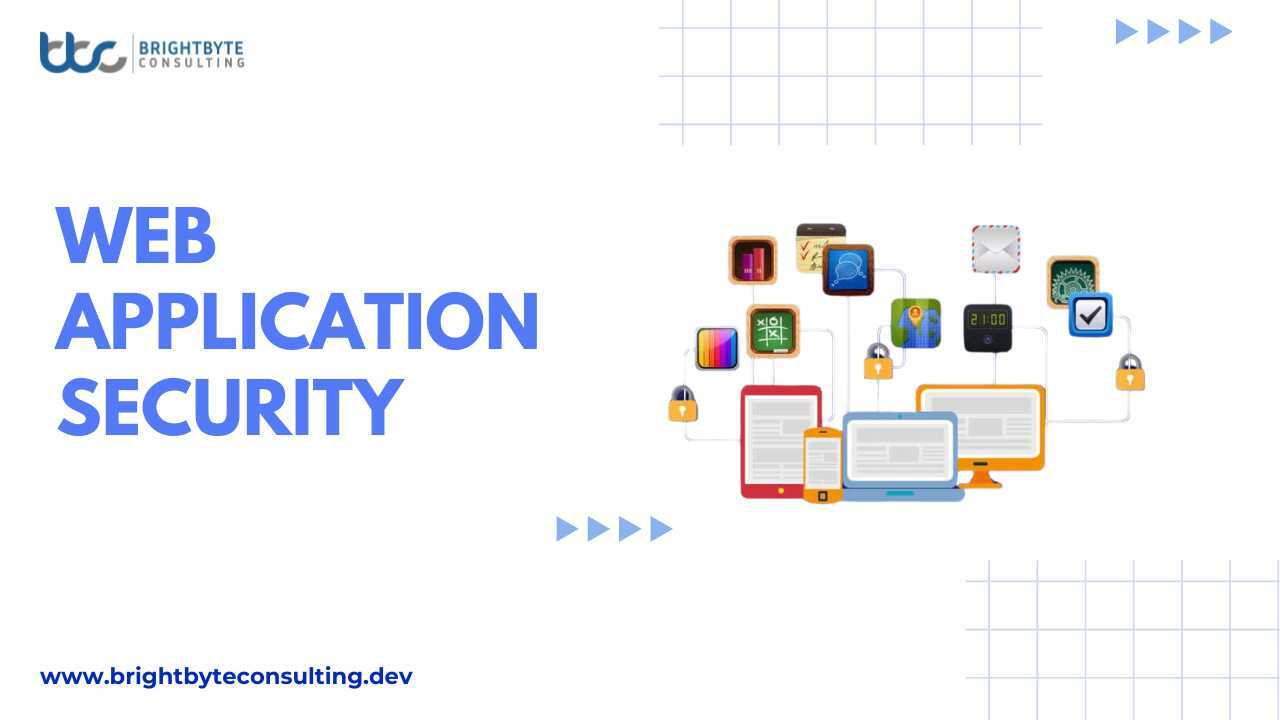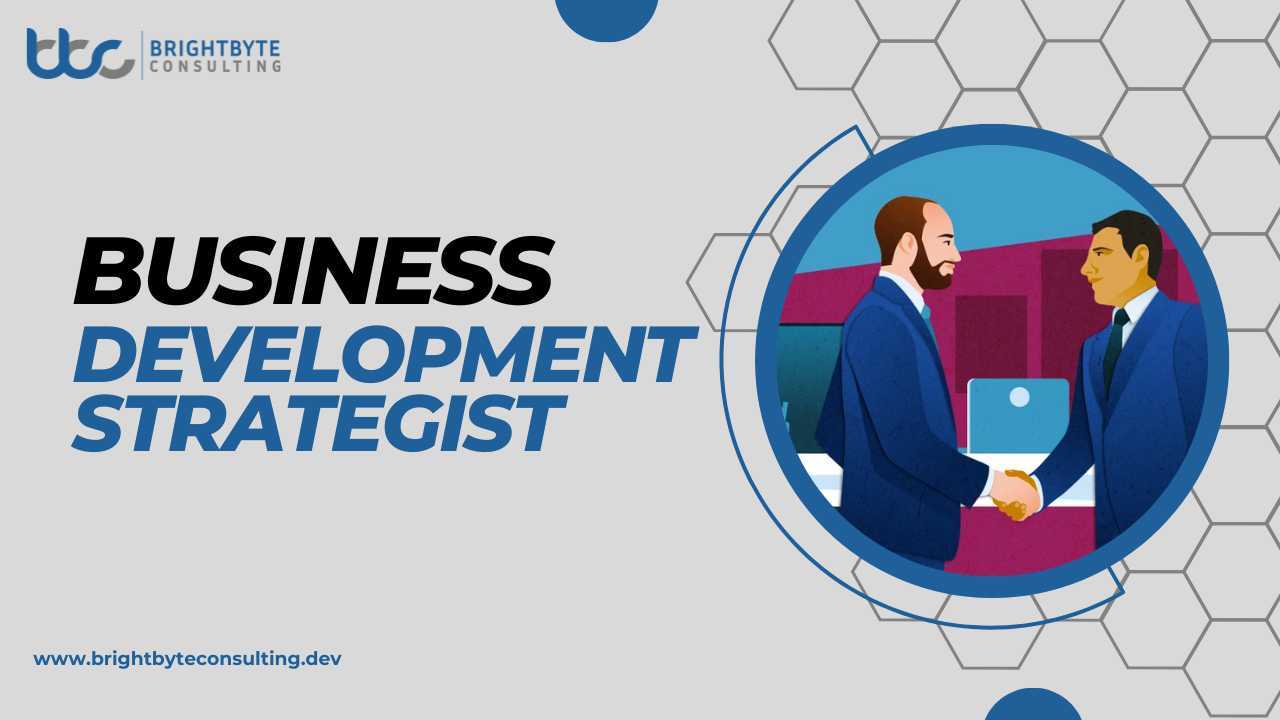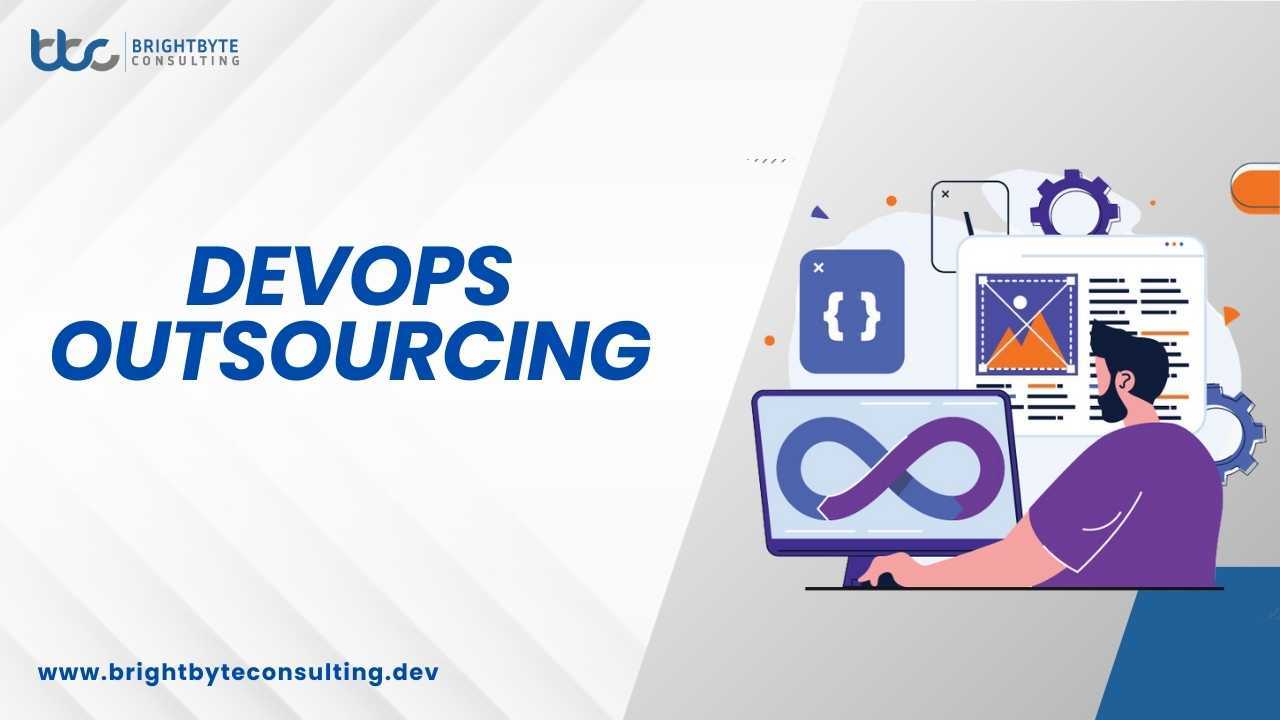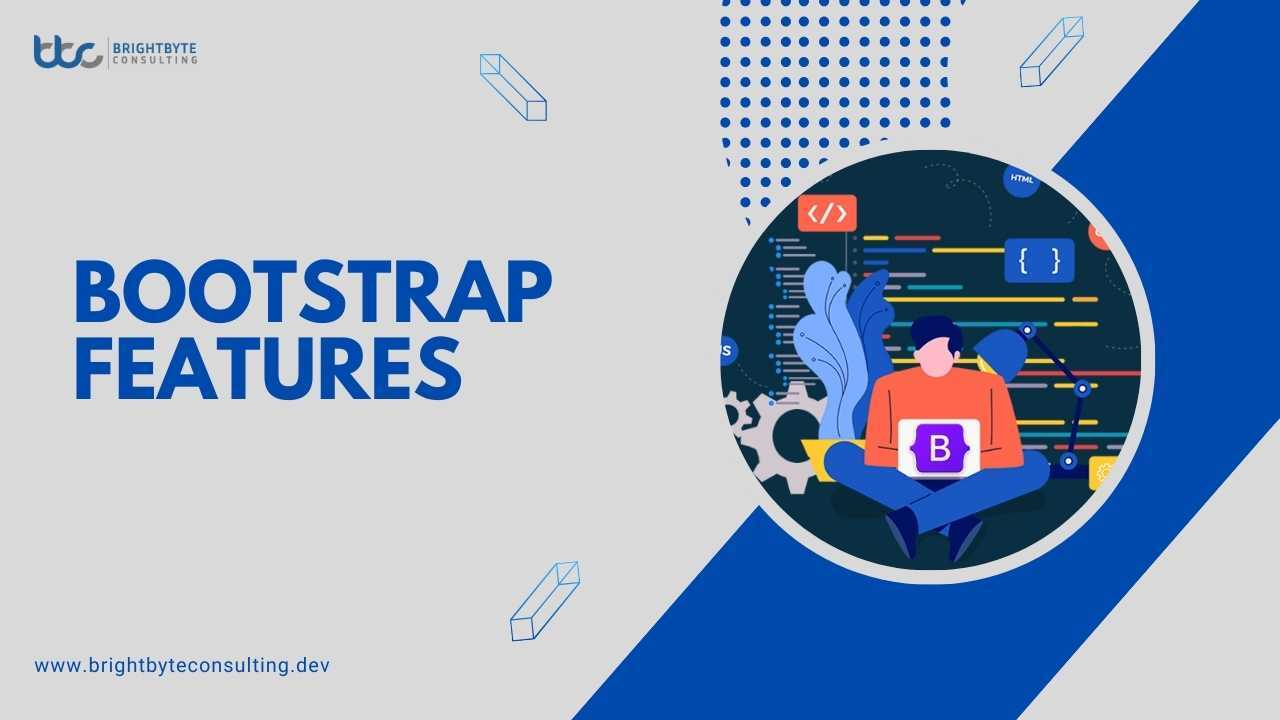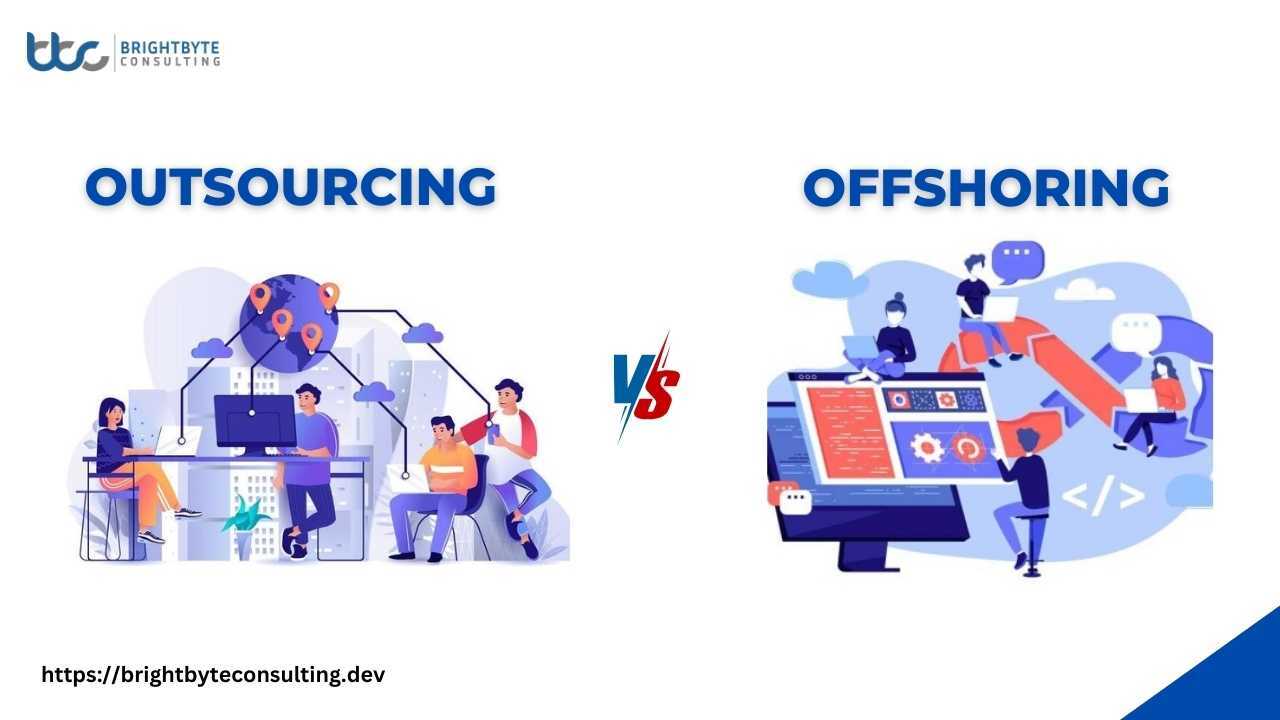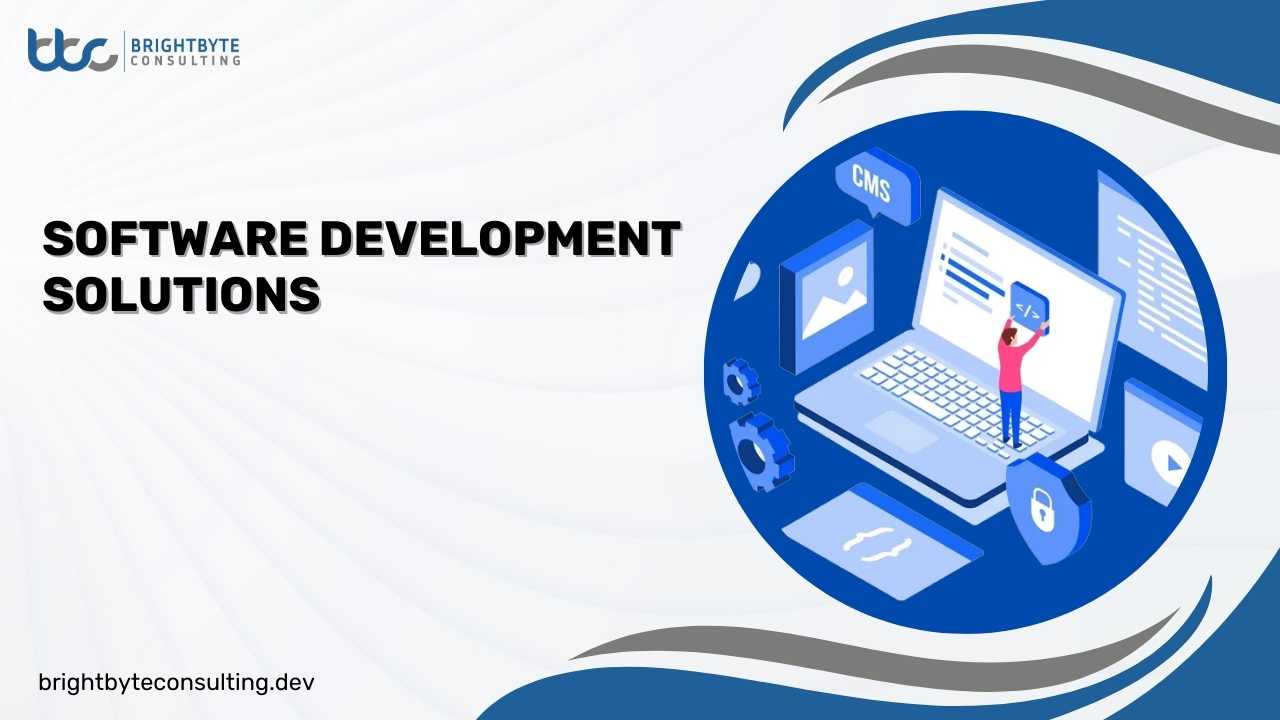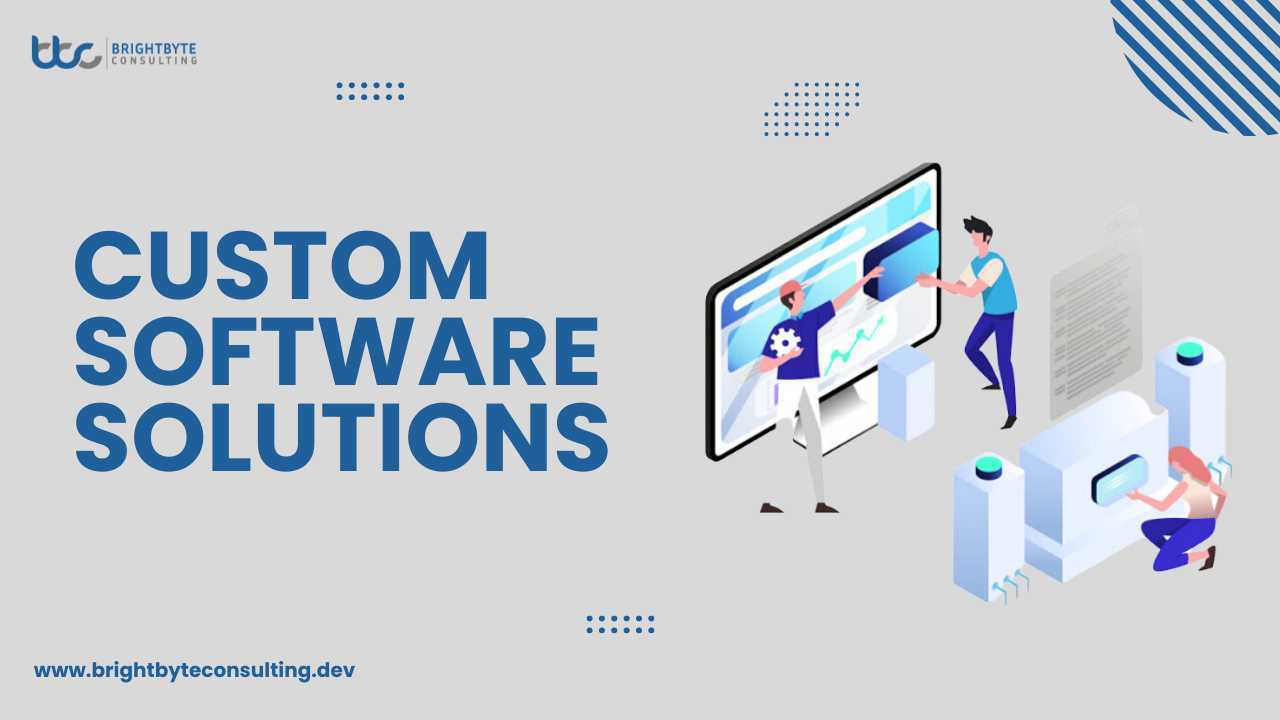For years, project managers have relied on traditional methods such as spreadsheets and static systems. However, in today’s rapidly changing world, these approaches have become inadequate. This article delves into the future of project management, exploring the integration of artificial intelligence (AI), data-driven decision-making, agile methodologies, and technology. We’ll discuss the evolving role of project managers as strategic thinkers, leveraging AI and emphasizing soft skills like emotional intelligence. Additionally, we’ll explore how popular tools and apps can facilitate this transformation, elevating project management to new heights.
Current & Future Trends
In the realm of project management, traditional tools and methodologies, once considered industry standards, have begun to reveal their limitations in today’s dynamic work environment. Established approaches like the Waterfall model, which have been prevalent since the 1970s, are now being juxtaposed against the growing demand for agility and flexibility. This linear and sequential method, reliant on precise initial requirements and resistant to deviations from the set plan, hinders adaptability to the iterative changes inherent in modern projects.
Tools such as Gantt charts, while effective for outlining project trajectories, often lack the flexibility needed to accommodate changes or unexpected delays. Additionally, reliance on these static tools can create a false sense of security, disregarding the potential for dynamic adjustments required in most projects. According to the Project Management Institute (PMI), poor project performance led to 11.4% of investment wastage in 2020, a figure partly attributed to the limitations of traditional methodologies that fail to align with the evolving realities of contemporary project landscapes.
Agile: The Future of Project Management
Agile project management has surged in popularity, offering a solution to the need for speed, flexibility, and client satisfaction, often constrained by more traditional approaches.
According to the 16th Annual State of Agile Report, 80% of organizations reported adopting Agile as their primary approach. These methods involve breaking tasks into short phases of work and regularly reassessing and adapting plans, making them well-suited for industries operating in fast-paced environments or facing rapid changes in client demands or market conditions.
In contrast to traditional methods like the Waterfall model, where comprehensive planning upfront can lead to rigidity and resistance to change, agile techniques allow for ongoing adjustments throughout the project lifecycle. This responsiveness is crucial in today’s market, where 52% of project professionals surveyed by the PMI in 2021 identified the ability to rapidly respond to change as a key contributor to project success.
This dynamic approach has proven effective, with the Standish Group’s Chaos Report indicating that agile projects are 28% more successful than traditional ones.
However, despite the popularity of agile, the survey for the 16th Annual State of Agile Report also found that 50% of organizations still use hybrid methodologies, combining agile with waterfall or iterative approaches. This suggests that while agile has a significant role in the future of project management, other methodologies are also here to stay.
These evolving methodologies are reshaping the landscape of project management, but the most transformative factor currently is artificial intelligence.
Will AI Replace Project Managers?
The infusion of Artificial Intelligence (AI) into project management signifies a significant shift in how projects may be planned and executed in the coming years.
AI’s Increasing Role in Project Management
Gartner predicts that by 2030, AI will oversee 80% of traditional project management tasks, such as data analysis, progress tracking, and report generation. These tasks typically consume a project manager’s time and resources.
Enhanced Predictive Capabilities
AI, particularly through machine learning (ML) and natural language processing (NLP), offers advanced predictive capabilities that revolutionize risk management. ML algorithms analyze historical project risk data, identifying patterns and correlations to inform robust risk mitigation strategies. This enables project managers to foresee potential setbacks with greater accuracy, addressing the 47% of failed projects attributed to unforeseen risks.
Efficiency in Resource Allocation
AI dramatically enhances efficiency in resource allocation and optimization, a primary challenge in project management. By leveraging advanced analytics, managers can avoid resource-related pitfalls, ensuring optimal resource distribution based on project demands. This mitigates inefficiencies or staff burnout caused by over-allocation or underutilization, issues that contribute to 20% of all project failures.
Mitigating Administrative Burdens
NLP automates the processing of human language in project documents and communications, minimizing administrative burdens and mitigating human error. It swiftly extracts relevant information from project documents, a task that would typically consume significant human effort.
AI Limitations and the Importance of Human Interaction
While AI offers significant advancements, it cannot replace the personal, human interactions critical to project success. Personal interactions play a vital role in problem-solving and influencing cooperation among team members. While AI may augment project management processes, human interaction remains essential for fostering collaboration and resolving issues effectively.
In conclusion, while AI will not replace traditional project managers, its integration will significantly impact their roles. Project managers must adapt to AI-driven advancements, leveraging technology to enhance efficiency and decision-making while maintaining the importance of human interaction in project success.
Conclusion
In conclusion, the future of project management is poised for transformation, driven by the integration of artificial intelligence, data-driven decision-making, and agile methodologies. While traditional tools and methodologies have served their purpose, they are increasingly being challenged by the need for adaptability and flexibility in today’s dynamic work environment. Agile project management has emerged as a leading approach, offering solutions to the demands for speed, flexibility, and client satisfaction.
Moreover, the infusion of artificial intelligence into project management signifies a significant shift in how projects are planned and executed. While AI offers advanced predictive capabilities and efficiency in resource allocation, it cannot replace the personal interactions critical to project success. Therefore, project managers must adapt to AI-driven advancements while maintaining the importance of human interaction in fostering collaboration and resolving issues effectively.
As project management continues to evolve, embracing technology and innovative methodologies will be key to success. By leveraging the best of both human and technological capabilities, project managers can navigate the complexities of modern projects and drive success in an ever-changing landscape.
FAQs
What are the limitations of traditional project management methods?
Answer: Traditional methods lack agility and flexibility, hindering adaptability to modern project needs.
What is Agile project management, and why is it gaining popularity?
Answer: Agile is an iterative approach focused on speed, flexibility, and client satisfaction, making it ideal for fast-paced environments.
Will AI replace project managers in the future?
Answer: No, AI will automate tasks but cannot replace human skills like decision-making and collaboration.
How can project managers leverage AI in their roles?
Answer: They can use AI for predictive analytics, resource optimization, and automating administrative tasks.
What challenges may project managers face in adopting AI?
Answer: Challenges include data privacy concerns, resistance to change, and the need for training.


